Dr. Fatimah Wirth did not have a good week, and many instructional designers rushing into developing a MOOC should take heed. This relatively new learning platform has the potential to revolutionize and disrupt education as we know it, but it is not without its pitfalls. A week into the launch of a new course entitled “Fundamentals in Online Education” (ironically), glitches in the course forced her to send out the following message to her more than 40,000 registered students―
"We want all students to have the highest quality learning experience. For this reason, we are temporarily suspending the 'Fundamentals of Online Education: Planning and Application' course in order to make improvements. We apologize for any inconvenience that this may cause. We will inform you when the course will be reoffered." Read more here.
1. Instructions have to be crystal clear,
2. Don’t underestimate technology selection when designing a MOOC,
3. Select the right technology for the level of collaboration in your class, and test, test, test, and
4. Once your course development is done, have others field test it and play devil’s advocate with your activities.
This last lesson is critical, as we designers sometimes fail to predict how learners will interact with a particular technology. In this case, Dr. Wirth surely thought it a workable exercise to have students place themselves into groups by putting their names on a Google spreadsheet―would you have foreseen students going into said spreadsheet and deleting columns and rows with other students’ names in them? There are some more concrete examples of what went wrong with this course over at online learning insights, and let’s hope this course is re-launched soon without these glitches. MOOCs are hot, and they’re here to stay―but designing them will require some new thinking on your part. I also suggest learning and studying the experiences of trailblazers in this arena such as Dr. Wirth.
Alex is a co-founder and Managing Member of Collabor8 Learning, LLC, an instructional design and performance management consultancy. His firm collaborates with organizations to enhance the way they develop and train their people. To learn more about Collabor8 Learning, click here.
Alex can be reached at 786-512-1069, alex@collabor8learning.com or via Twitter@collabor8alex.

